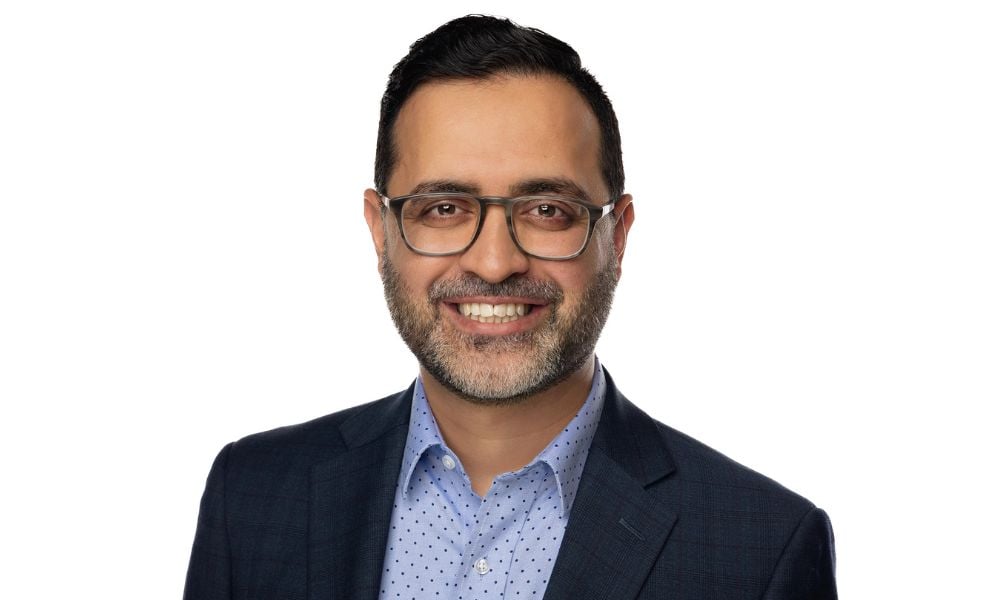VP of tax and estate planning talks about the wider ramifications of a vacation home purchase, highlights what advisors need to know

With summer officially underway in Canada, many advisors and their clients could be heading out for a few cottage weekends. For those who don’t own a lakeside escape, that means an Airbnb, a family cottage, or cajoling a friend to borrow the place for a weekend. It could also mean that — as happens every year — a cohort of Canadians will say now’s the time to live their dream and buy that vacation property.
That happy dream can hit a hard dose of reality when clients talk about a cottage purchase with their advisor. Conversations about affordability, monthly cashflow, and impact on the financial plan all come to mind. Recent horror stories from the recently proposed-then-repealed capital gains inclusion rate hike might get discussed, too. Even once all those boxes are ticked, though, there are a number of other factors advisors will need to talk with their clients about to ensure the cottage fits in with their wider financial plan.
“The first consideration is, can your clients afford to buy the property, does that fit in their plan? If they finance it, what are interest rates? How does this affect their estate value for their kids?,” Aurèle Courcelles, Vice-President of Tax & Estate Planning at IG Wealth Management. “If you do your due diligence from that perspective and the answers are all positive, now you have new factors to consider.”
Courcelles says that among the first major choices clients will have to make — provided they are a couple — is whether the cottage property will be held in one of their names or both. Courcelles notes that in certain provinces with probate fees, holding a property jointly can be advantageous. If one of the couple passes away, the property would roll over to the other person on a tax-deferred basis, with no additional probate fee.
It's also crucial to account for the purchase cost of a cottage property. Courcelles explains that when a property is eventually sold or passed on, the cost base will be key to calculating eventual capital gains. Advisors may want to talk their clients through all the expenses involved in the purchase, from the base purchase price to the land transfer tax, utility connections, substantial upgrades, and any other related costs as a way to ensure that eventual tax bill is minimized for clients or their heirs.
Some cottage buyers also make a purchase with a view to their eventual retirement, at which point they could move into the cottage and be eligible for the primary residence exemption for any capital gains that occur while they are resident there. Courcelles notes, however, that the exemption doesn’t extend past any properties larger than half a hectare (around 1.5 acres). Since some cottage properties can be larger than that size, Courcelles says making clients aware of land size restrictions is a key step early in the cottage buying process.
The next generation is another key factor to consider. Some clients may want to hold the property along with their children, which he advises against noting that while that may save on probate, there are often issues that arise when different children have different goals for the property. Moreover, some capital gains tax would still be incurred by the second generation when the first generation passes away. He recommends trying to grasp how the clients’ children might end up using their cottage property. That can then inform plans about inheritance or an eventual sale of the cottage.
While some of these decisions come with consequences that won’t be felt for years, Courcelles argues that engaging with them now can be key to the value advisors demonstrate for their clients. They can lay the groundwork for potentially more challenging conversations that come as the owners encounter more and more issues with their cottage.
“Everybody wants to own a cottage, but nobody wants the headaches that come with it,” Courcelles says. He accepts that the idea of a cottage purchase can often come with a feeling of excitement and even elation on the part of the client. He notes that a certain communication finesse is required as advisors bring in a number of tax and estate considerations that might serve to bring their clients back down to earth.
“Try to be the voice of reason during a significant life event, and cottage purchases can be a significant life event in the life of many individuals,” Courcelles explains. “Each one of these major events should cause someone to pause and ask what this means, whether that’s revisiting a will, or revisiting cash flow, or changing spending habits. It’s a time to pause and see what lifestyle and estate planning aspects need to be considered.”


